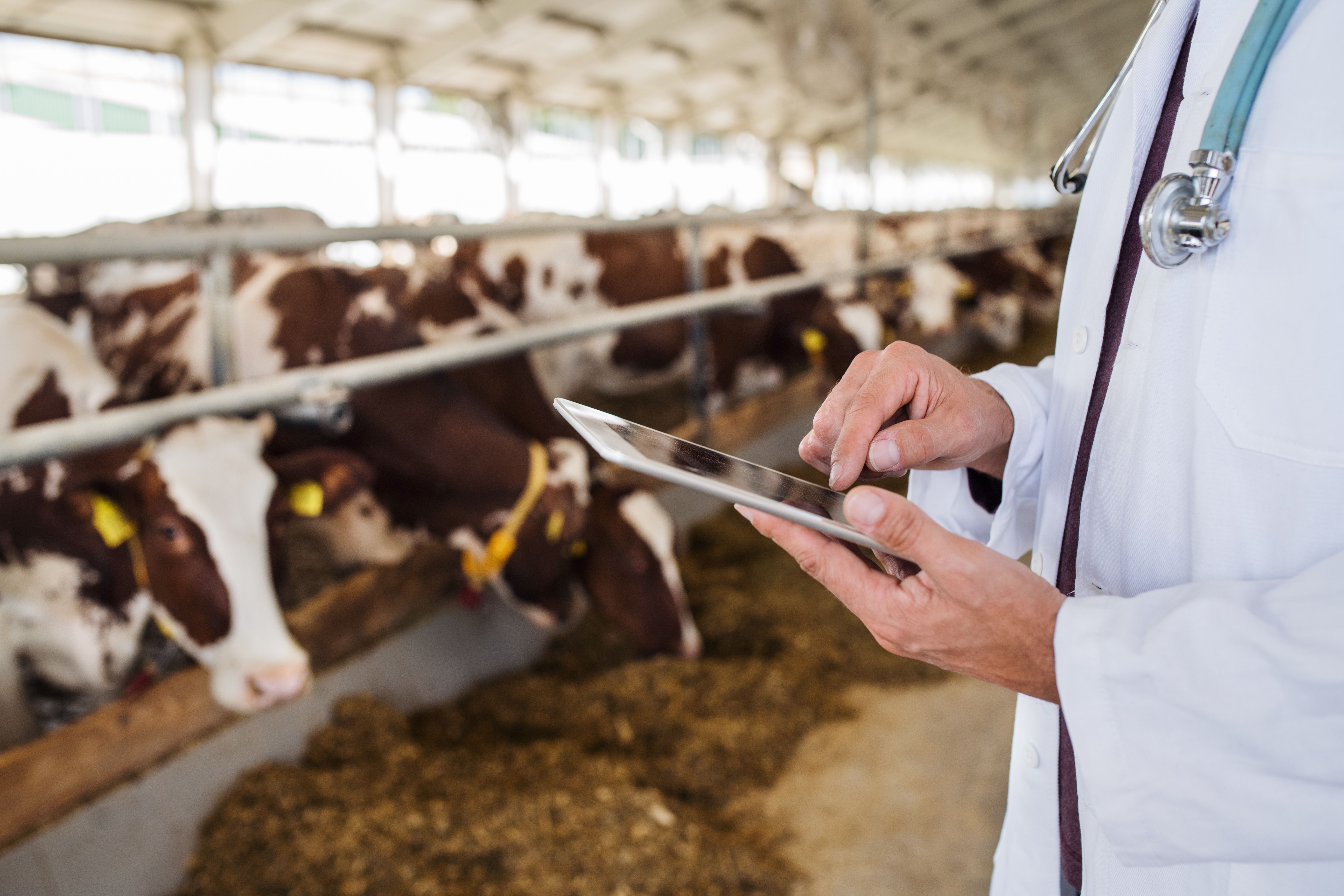FDA allows temporary imports of unapproved cattle drug
The FDA not objecting to the importation is in response to a nationwide shortage of Folltropin
Halfpoint/stock.adobe.com

The FDA announced that due to the shortage of the FDA-approved follicle-stimulating hormone (FSH) Folltropin, it will not object to the temporary importation of Pluset, a porcine pituitary-derived follicle-stimulating hormone and luteinizing hormone. FSH is an injectable prescription drug for mature heifers and cows to induce superovulation reproductively, a crucial part of the embryo transfer process.1
Cattle producers began reporting Folltropin shortages early in 2023 and supply had run out by the end of the year. Its manufacturer, VetoquinolUSA, has reported having trouble sourcing porcine pituitary glands. Currently, there is no FDA-approved alternative for Folltropin, causing a significant impact on cattle producers and veterinarians, according to Fred Gringrich, DVM, executive director of the American Association of Bovine Practitioners (AABP).2
Pluset was created by Alberta Veterinary Laboratories Ltd./Solvet (AVL/Solvet), and is authorized in Spain for marketing, according to the FDA. Folltropin and Pluset are utilized in heifers and cows for the same purpose, but the concentration and composition of the active ingredients are different as well as the doses and dosage regimen.
Imported Pluset has not been approved or evaluated by the FDA, although it has been approved in Spain as well as several other countries. The medication is subject to the regulatory standards of the countries it has approval from such as adherence to good manufacturing practices. Any distributions of Pluset will have a client information sheet for cattle producers and veterinarians containing detailed information on how to use the product.
The FDA plans to reassess the need for Pluset importation as the availability of the Folltropin changes. It will keep an eye on supply chains and shortage risks to inform of new authorities, incentives, and strategies. FDA is also working with multiple veterinary organizations such as AVMA, AABP, and the American Embryo Transfer Association as well as the USDA Animal and Plant Health Services, which regulates importation of animal-derived products.2
Reference
- FDA helps improve US availability of FSH, an important drug for embryo transfer in heifers and cows. News release. US Food and Drug Administration. January 31, 2024. Accessed February 5, 2024. https://www.fda.gov/animal-veterinary/cvm-updates/fda-helps-improve-us-availability-fsh-important-drug-embryo-transfer-heifers-and-cows
- Facing shortage, FDA CVM allows temporary imports of unapproved drug for cattle. News release. American Veterinary Medical Association. February 2, 2024. Accessed February 5, 2024. https://www.avma.org/news/facing-shortage-fda-cvm-allows-temporary-imports-unapproved-drug-cattle?utm_source=delivra&utm_medium=email&utm_campaign=todays-headlines-news